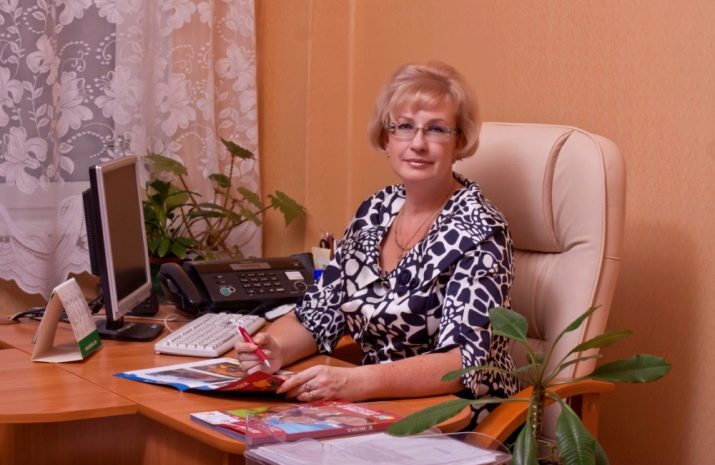Educator: description of the profession, requirements and responsibilities
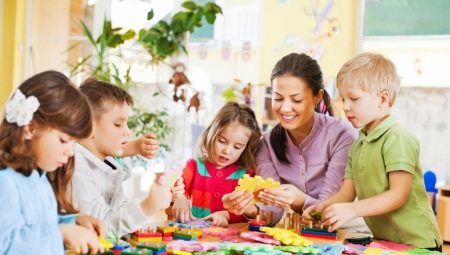
The formation of the personality begins in childhood, so the work of an educator is very significant, very important and honorable. In this review, we will talk about what a kindergarten teacher should be, what knowledge and skills he should have, how to learn a profession and what career prospects exist in this specialty.
Features of the profession
In our country, the profession of a preschool educator appeared in the middle of the 19th century, when the very first preschool institutions began to open in Moscow, St. Petersburg, Helsinki and some other cities. In those years, institutions were paid, therefore only wealthy people could afford to enroll a child in them.
In the days of the USSR, preschool education was completely free, parents only contributed small amounts to pay for food. In 1959, a nursery appeared, where babies were taken from two months of age. Today, the number of kindergartens in our country exceeds 40-50 thousand, and new preschool institutions are built and opened every year.
The kindergarten teacher looks after the children while their parents are at work, but the list of this specialist's functions does not end there: he conducts training sessions, teaches the basics of reading, mathematics, teaches modeling, applications, drawing, music and dance, and also does physical education... The teacher-educator gives the child the first ideas about the world around him, the principles of relationships between people, helps to adapt and socialize, teaches to distinguish good from bad, explains the rules of behavior in society.
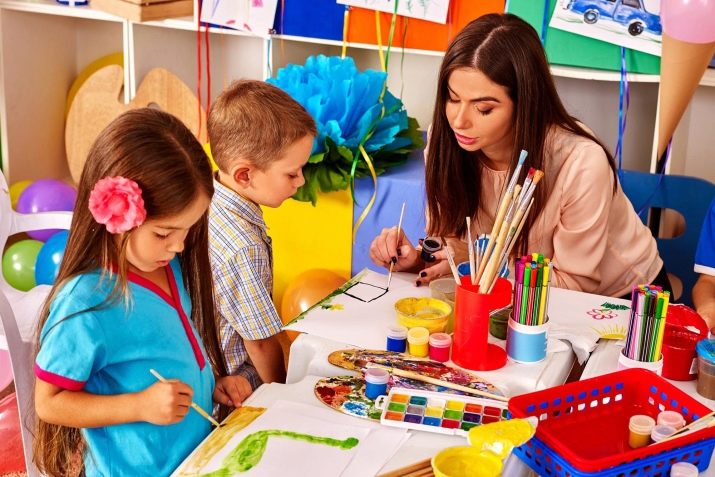
Most often, kids from 3 to 7 years old go to kindergarten - this is the preschool period, which is conventionally divided into three stages:
- the youngest - 3-4 years old;
- average - 4-5 years;
- senior - 5-7 years old.
The professional standard of the educator imposes the obligation to know the behavioral characteristics of children in these groups and to be able to use age-appropriate pedagogical methods for them.
Most often, in kindergartens, pedagogy is carried out through didactic play, so that the child can, without suspecting it, acquire interesting skills and master the necessary knowledge.
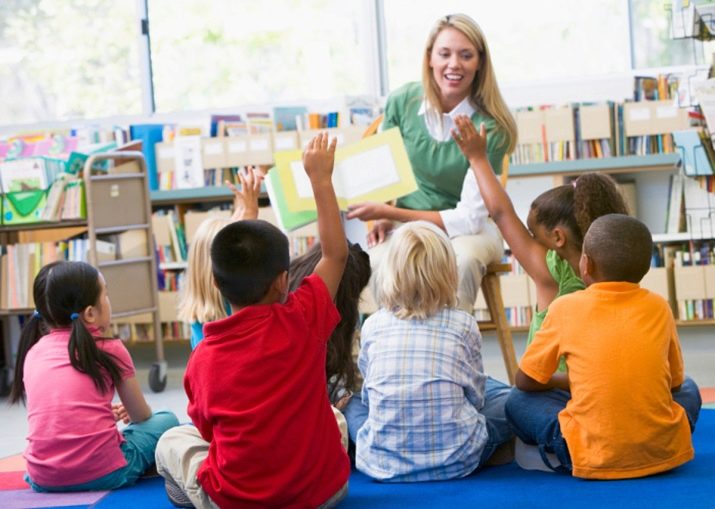
Advantages and disadvantages
The profession of an educator is attractive in that it allows you to fully show your love for children, to help young members of society to develop harmoniously. But if you look more practical, then Among the advantages of the profession are the following:
- shift work schedule: usually the first shift starts at 7 o'clock and ends at 13, and the second lasts from 13 to 19 o'clock;
- long vacation: varies from 46 to 56 days depending on the length of service;
- demand: good educators have always been and will be needed, especially since the number of preschool educational institutions is steadily growing every year;
- active lifestyle: the activity guarantees the absence of boring work, involves constant communication with different people, the organization of interesting events, provides for outdoor games and allows you to fully demonstrate all your qualities.
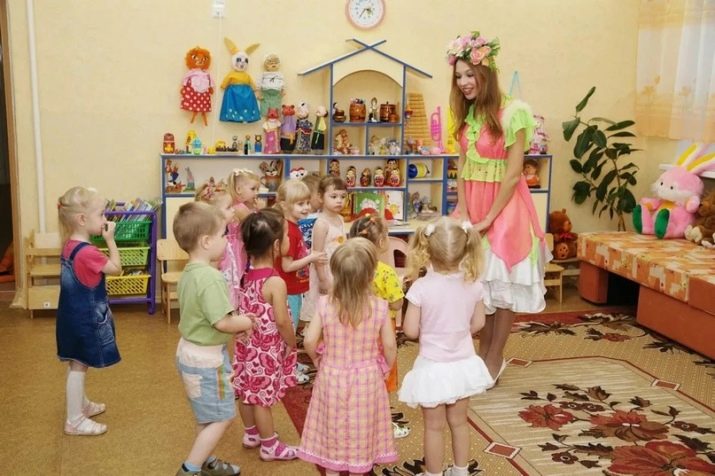
Unfortunately, the work of a teacher in our country is paid very poorly. Only those who are completely "divorced" from reality are not aware of the low salaries of representatives of this profession. But many do not even suspect about other shortcomings of the profession.
These include:
- work in conditions of constant noise;
- an increased level of responsibility for the safety of the life of pupils and their health, and in this case we are talking not only about moral, but also about criminal liability;
- the need to keep your emotions under control: even if you have personal problems, you still need to communicate in a friendly manner, smile and engage with your pupils with enthusiasm;
- constant presence at the workplace, the need to show increased attention - this is due to the personal responsibility of any educator for the safety of children.
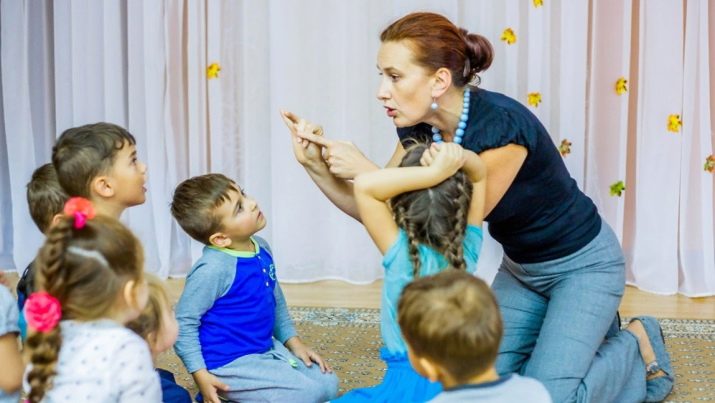
Types, requirements and job responsibilities
Among the main job responsibilities of the educator are:
- monitoring the health status of children during the morning reception for a day stay;
- training in the use of cutlery in the process of eating;
- organization and conduct of general education classes (sculpting, drawing, reading aloud and verbal counting);
- control over compliance with the established daily routine;
- organization of adaptation guys;
- organization and conduct of children's leisure and festive concerts;
- supervision of pupilsinforming their legal representatives and the administration of the preschool educational institution in case of the first signs of illness;
- attendance control;
- physical education in the gym and outdoors;
- tracking the emotional background of the child, if necessary, the organization of psychological counseling;
- taking walks: assistance with dressing, games on site and small excursions;
- organization of daytime sleep for pupils: presence in the sleeping room during bedding, assistance in cleaning the bed and tidying up the appearance after waking up;
- ensuring the transfer of the child to the parents or legal representatives;
- participation in competitions, teachers' councils and seminars;
- work with parents in terms of education;
- making report, records management.
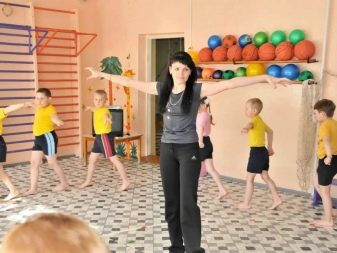
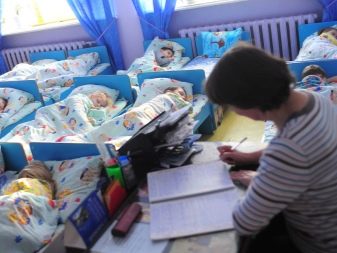
The teacher must have the skills of a child psychologist, take a course in child physiology, medicine and personal hygiene. He needs this not only in order to teach the pupils the basics of caring for their bodies, but also in order to provide first aid to children, if necessary.
The teacher must know exactly what to do if one of the children has a rash, a fever, a cough, or if there are other serious changes in his health and behavior.
An employee of a preschool educational institution must be a sensitive observer in order to see and understand well everything that happens to his pupils.
In addition, the competence of the preschool educational institution should include:
- goals, objectives and basic methods of education and training of young children;
- foundations of behavioral psychology of preschoolers;
- different methods of development of children.
The teacher must be able to:
- to ensure the creation of a harmonious subject-developing environment;
- interact with children and their parents, as well as other employees of the preschool educational institution;
- use technical teaching aids, as well as computer programs.

Educator of the highest category can apply for the position of a senior educator (methodologist of a preschool educational institution).
His job description includes:
- analysis of new trends in preschool education;
- nomination for consideration of promising directions of educational activities of preschool educational institutions;
- providing qualified assistance to educators in the implementation of training programs;
- coordination of interaction between representatives of pedagogical science and practitioners;
- organization of educational work for parents.
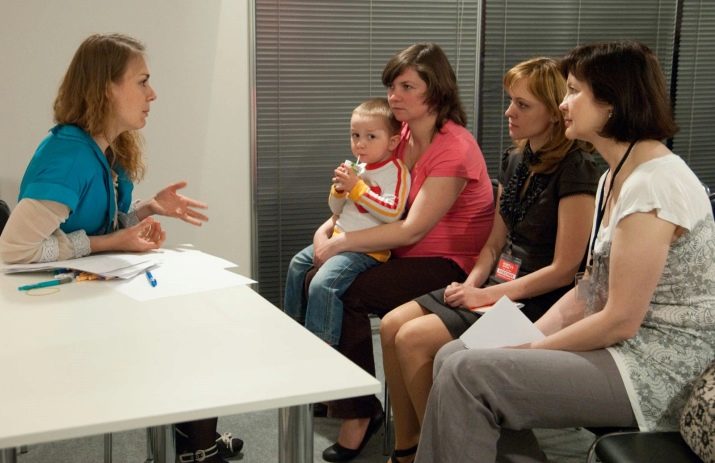
Senior educator, in fact, does the job of the deputy head of the kindergarten. Its functions include creating conditions for qualified educational services.
Senior Educator-Methodist should know:
- fundamentals of legislation on the rights and protection of children;
- basic doctrines of preschool psychology and pedagogy;
- the concept of the preschool educational process;
- common methods of early childhood education;
- promising directions of diagnostics and correction of development;
- the basics of the form and methods of working with the family.
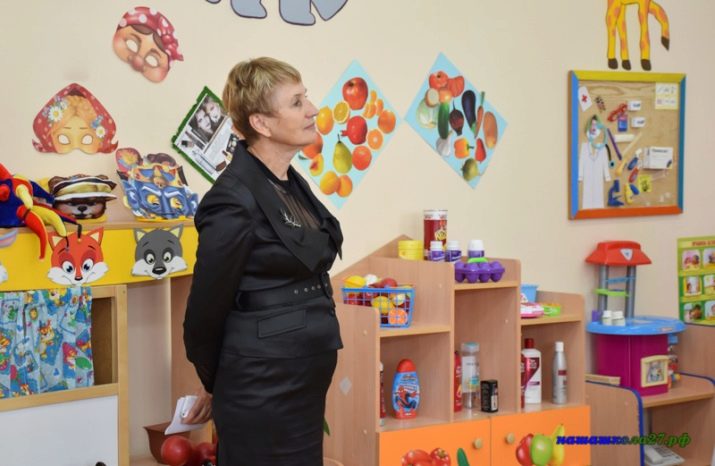
Personal qualities
Teaching a child does not make sense if the adult does not show him his personal positive example. Children in their actions do not rely on the words of the educator, but on his behavior, therefore, the most stringent requirements are imposed on the personal qualities of an employee of a preschool educational institution.
A person who does not possess such important qualities as benevolence, diligence, respect for kids and adults, honesty and responsiveness will hardly be able to teach a child something good.
The teacher must be humane, and it is important to instill this quality in the children around him. Under the careful guidance of a teacher, children should learn to resolve all difficulties in communicating with peers, make friends and respect each other, forgive their offenders and apologize themselves.
Tolerance is no less important for a teacher: the educator must accept his children as they are, regardless of the nationality, religion and personal characteristics of the parents. It is important that the educator considers the child as a person: he should not allow himself to offend him, raise his voice and take physical measures.
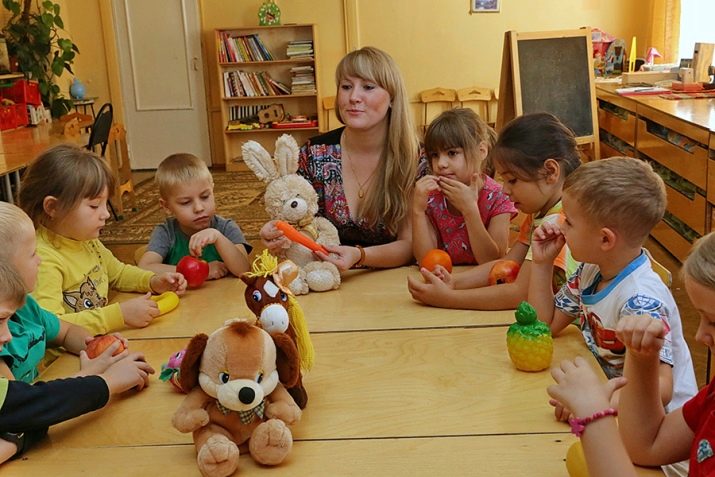
It is imperative that the educator has good emotional stability. He has to work with a large group of pupils (at least 20-30), so he must be restrained and patient.
In addition, such qualities as are relevant for the educator:
- observation;
- sociability;
- cheerfulness;
- active life position;
- Justice;
- sincerity;
- responsiveness;
The teacher in any situation should be guided by the interests of children.For him, the appearance of favorites and outsiders is unacceptable, he should treat all his pupils equally.
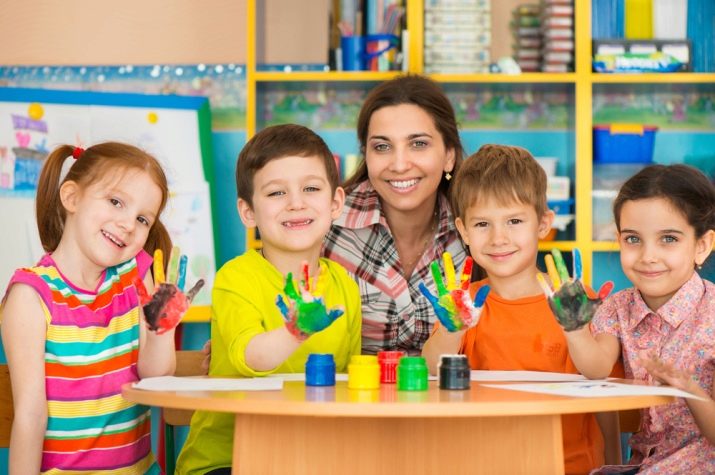
For the position of a preschool educational institution, it is necessary to select a person with competent speech. At a young age, when children are actively building up their vocabulary, it is important that a clean and correct language environment exists around them, without youth slang, clericalisms and various cliches. The teacher's speech should be clear, understandable, concise.
Of course, the teacher's appearance, culture and social image play an important role. On the one hand, kindergartens do not impose any dress code, but the framework should still be clear. It is not permissible for the teacher to come to work in tight T-shirts, miniskirts and sweaters with a cutout. Ripped jeans, tattoos and creative hair colors are unacceptable... The appearance of the educator should show his professionalism, and not the dignity of the figure.
I would like to pay special attention to the social networks of educators. It is better for educators to refrain from posting frivolous photos on the web. The appearance of the educator should inspire respect and trust of parents.
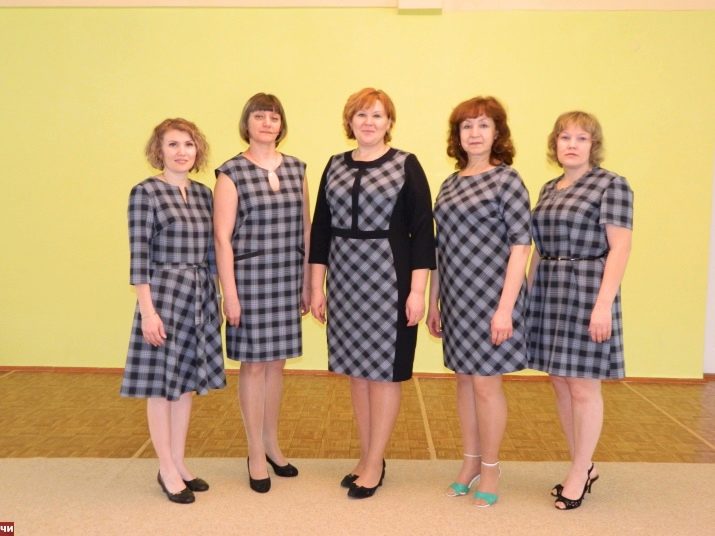
Education and professional development
To become a preschool educator, you can have not only higher, but also specialized secondary education. The pedagogical colleges offer two main professions: preschool education and special education. In the first case, the training of preschool educational institutions is carried out, in the second, personnel are trained to work with children with certain deviations in mental or physical development.
To go to college, you do not need to take entrance exams in subjects, it is enough to pass only an interview and a school certificate competition. At the end of grade 9, training lasts 3 years 10 months, and after grade 11 - 2 years 10 months.
Many employers prefer to recruit employees with a college degree... However, as practice shows, in order to be a good educator, college education is quite enough: this is due to the fact that the number of practical classes in vocational education is much greater than in higher educational institutions.
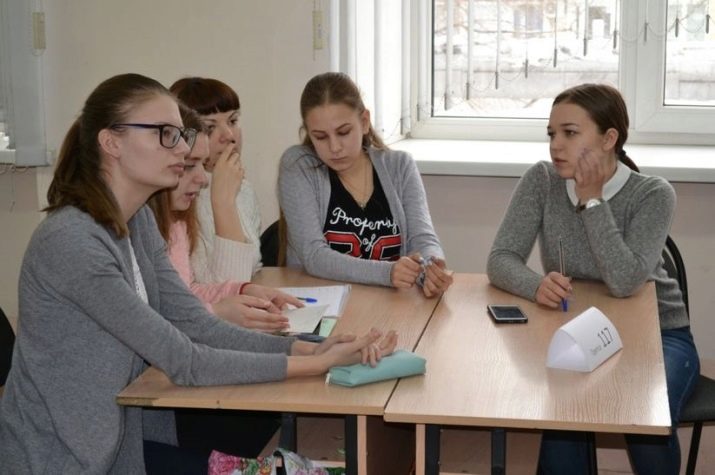
As part of specialized education, the future educator takes courses such as:
- methods of teaching basic mathematics, visual arts, reading, counting, applied disciplines, as well as physical education;
- anatomy, child physiology, preschool psychology.
In order to keep up with modern trends in pedagogy, everyone should be educated from time to time to take retraining and advanced training courses, attend seminars, conferences and participate in methodological associations.
Any educator must pass certification for the suitability of the position held every few years. The constant self-education of the pedagogue is also of great importance in working with babies.
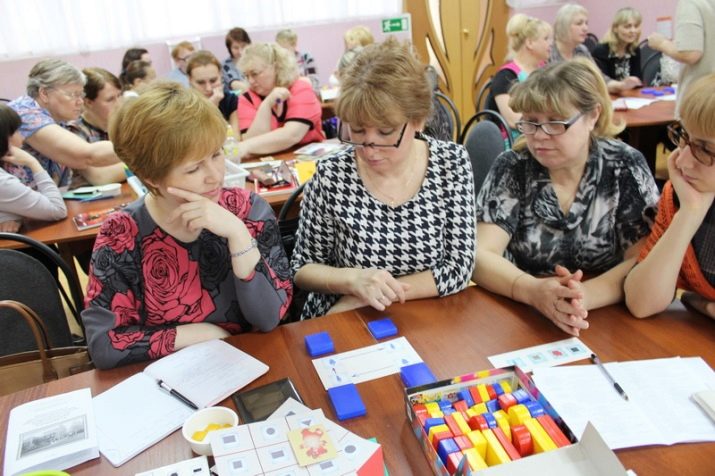
Salary and incentive payments
The salary of an employee of a preschool educational institution consists of two parts: a base salary and incentive payments. The latter are usually charged based on the results of various competitions and events. This includes holding meetings with parents, organizing parties and matinees, participating in creative sports competitions at the city, as well as district, regional or federal levels.
In addition, increasing allowances are due to the salary:
- work experience: when working for more than three years, the salary increases by 5%, 10 years - by 10%, 20 years - by 20%, and over this experience - by 25%;
- awards and regalia: the salary of the holder of the title "excellent student" or "honorary educator" is increased by 20%, the salaries of candidates of sciences, honored teachers and persons who have received state awards are also subject to an increase;
- the level of education: the basic rate is usually applied to educators who have received secondary specialized education, while with higher pedagogical education it increases by 50%.

Portfolio features
The educator portfolio includes several sections:
- introduction, which contains general information: personal data, education, work experience and professional experience;
- portrait: includes a short essay on the topic "I and my profession" and a description of the head of the preschool educational institution;
- professional achievements: this section includes reports on labor results, plans for educational and methodological work;
- pupils' achievements: this includes diplomas and certificates from pupils for participation in competitions, olympiads, shows and sports events;
- the documents: here it is necessary to attach documents confirming participation in seminars, refresher courses;
- expert ratings folder, which includes reviews, internal and external awards, thank you letters.
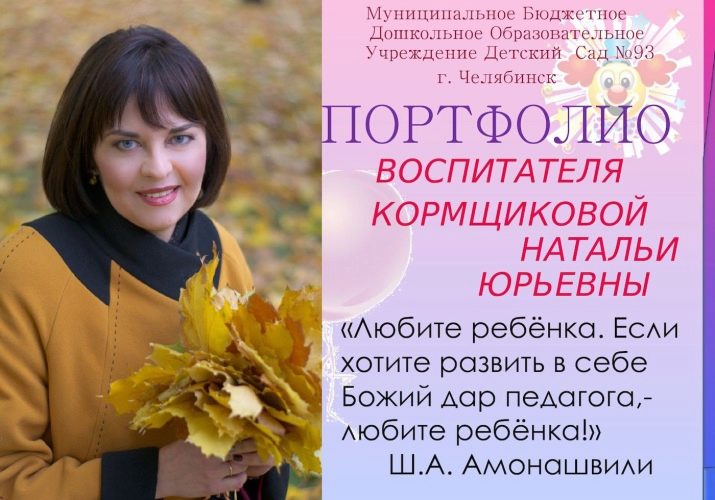
Career
The profession of an educator does not imply any promising growth. The most stubborn can grow to the position of head of a kindergarten, but this will definitely require a diploma of higher education. If you were able to get a second higher education and completed several retraining courses, then there is a chance to make a career in the Ministry of Education.
The teacher can always go to work as a tutor and engage in the development of children at home, for example, according to the Montessori system. The most promising, but at the same time, the most difficult option is to open your own private kindergarten.
Today, we can confidently assert that the profession of an educator will remain in demand for a long time.
However, before becoming an educator, you need to weigh the pros and cons and determine if the job is right for you. After all, this work is much more difficult and responsible than it might seem at first glance.
